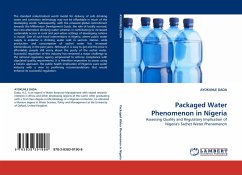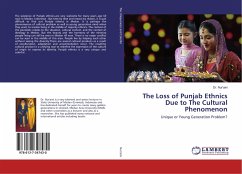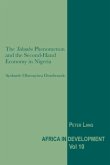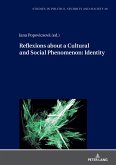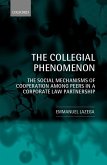The standard industrialized world model for delivery of safe drinking water and sanitation technology may not be affordable in much of the developing world. Subsequently, with the renewed global commitment towards the Millennium Development Goals, the role of locally sourced, low-cost alternative drinking water schemes in contributing to increased sustainable access in rural and peri-urban settings of developing nations is crucial. One of such local interventions in Nigeria, where public water supply is endemic is drinking water sold in sachets. Nation- wide production and consumption of sachet water has increased tremendously in the past years. Although it is easy to get and the price is affordable, people still worry about the purity of the sachet water. Successful regulation of this industry has remained a major challenge to the national regulatory agency empowered to enforce compliance with stipulated quality requirements. It is therefore imperative to assess using a holisticapproach, the public health implication of Nigeria's pure water industry with a view to proffering recommendations that would enhance its successful regulation.
Bitte wählen Sie Ihr Anliegen aus.
Rechnungen
Retourenschein anfordern
Bestellstatus
Storno

